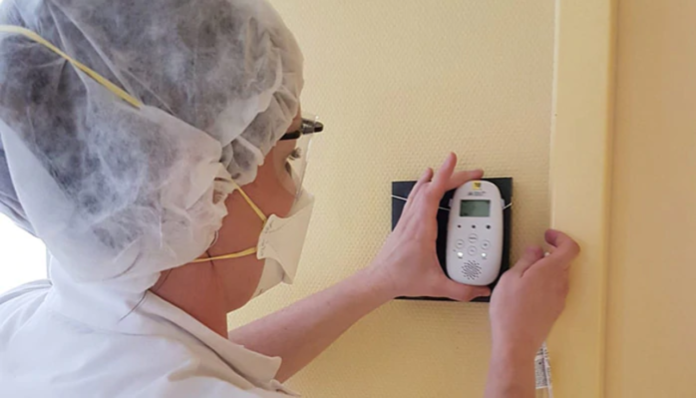Due to the outbreak of this novel coronavirus, people are often isolated. Not just in hospitals, but also in nursing homes, where those at the highest risk live.
Major companies and organisations are, therefore, doing what they can do ease the situation. Philips has donated 3,200 baby monitors in collaboration with the online shopping site, bol.com. These are being sent to hospitals where they’re used to communicate with COVID-19 patients.
“In recent days, we’ve received requests from several hospitals to deliver baby monitors,” says Francis Das, Personal Health Business Leader at Philips Benelux. “It turns out this is a good alternative for communicating with corona patients in isolation. Bol.com received a similar request from a Dutch hospital.”
Want to contribute
“After a quick consultation, we decided to, together, donate 3,200 [of these] monitors. With this, we hope to be able to contribute to the important work doctors and nurses are doing”. With a baby monitor, hospital staff can communicate easily, efficiently, and safely with patients in isolation.
Not just that, it reduces the chance of healthcare workers becoming infected with coronavirus themselves. It also relieves their workload by cutting back on how often they have to change clothes. Lastly, using these monitors reduces the use of the very scarce Personal Protective Equipment (PPE), such as suits, gloves and masks.
More than 1,800 of these monitors have already been delivered to hospitals across the Netherlands and Belgium. Including the Flevo Hospital in Almere. “We’re super happy about this. The main unit hangs on the outside of the isolation room’s closed door. The baby unit’s with the patient”, says a nurse at that hospital, Lyudmila Ruiter.
“If a patient calls now, the nurse can immediately observe and inform. Without having to change to full protection. That saves a lot of time and personal protective equipment.” The rest of the orders will follow soon.
Tablets for seniors
Then, about ten days ago, Brainport Eindhoven received a request for tablets for nursing homes. The seniors living in these facilities are having a particularly hard time. They aren’t allowed to have visitors. Making a video call with family can then be very useful.
There’s a shortage of these tablets in nursing and care homes. So, ASML’s made 400 available. Two retirement organisations, Vitalis WoonZorg Groep and the Archipel Zorggroep, coordinated this together with Brainport.
Source: Brainport Eindhoven Facebook Page and Philips
Translation: Melinda Walraven











